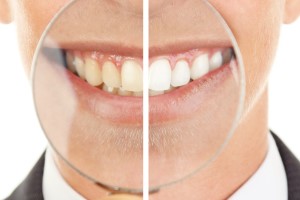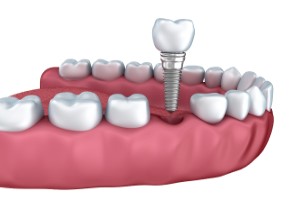 Your general dentist will recommend the right treatment for your cavity. The root cause of cavities is plaque. This sticky substance has strains of acid-producing bacteria and eats away the tooth’s structure. It hardens into tartar, which makes decay even worse. Treatment must happen right away. If you want to know how your general dentist can restore your cavities, here are the facts.
Your general dentist will recommend the right treatment for your cavity. The root cause of cavities is plaque. This sticky substance has strains of acid-producing bacteria and eats away the tooth’s structure. It hardens into tartar, which makes decay even worse. Treatment must happen right away. If you want to know how your general dentist can restore your cavities, here are the facts.
Dental crowns
The cusps of chewing surfaces are prone to decay. Cavities forming on the cusps can go deeper and reach the pulp. The general dentist will prevent the decay from progressing by cementing a dental crown over the affected tooth. This enables the tooth to function like before. It also restores the appearance of the tooth.
Dental fillings
The immediate solution for cavities is to apply dental fillings. A local anesthetic will numb the area first. Then, the dentist will drill and clean out the decaying dental structure. Then placing and molding the filling comes next. The dentist will harden the filling with curing light. This will protect the tooth and prevent the progression of dental decay.
Root canal
Decay can reach the pulp of the tooth. The general dentist will then perform a root canal treatment. This involves removing the pulp and cleaning out the space. Then, the dentist will fill the space with gutta-percha. A dental crown will cover the tooth, protecting it from future infection and trauma. It will also hold the tooth together.
Dental extraction
The general dentist will always do everything to save the patient’s natural teeth. Severe damage to the tooth may reach the pulp and the tooth root. The dentist must perform a dental extraction. This procedure may happen to one or more teeth. Removing the decayed tooth will prevent the infection from spreading into the jawbone or neighboring teeth.
An impacted tooth is also prone to tooth decay. The dentist must open up the gum tissue and reveal the infected tooth. It is often difficult to extract an impacted tooth. The general dentist may need to cut the tooth into several pieces for easier removal.
Fluoride treatment
A patient’s cavity may not be that big yet. Cavities start as tiny holes. If this is the case, the general dentist will give the patient a fluoride treatment. The fluoride concentration from the dentist is higher than the fluoride in toothpaste and mouthwash. This treatment can reverse the effects of tooth decay.
Dental implants
Severe tooth decay leads to gum disease. Tooth loss follows. Gaps between teeth from tooth loss can cause more chaos in the mouth. The empty space will cause the shifting of the remaining teeth. This will change the patient’s bite. It will also cause infections.
The general dentist needs to perform a dental implant procedure. This will provide a stable replacement for the missing tooth. Local anesthesia will numb the area. The dentist will drill a hole through the space and into the patient’s jawbone. Screwing the titanium rod into the hole follows.
Stitching the gum tissue will allow faster osseointegration. It takes four to six months for the healing and fusion to complete. The dentist will then attach the abutments. Another two weeks of tissue healing will follow. Then, the dentist will place the dental crowns.
The right treatment allows your general dentist to treat your cavity and protect your tooth
Cavities can cause many complications if you dismiss them. Taking them seriously leads to early detection and treatment. If cavities worsen, your general dentist will have several treatments to restore your smile. An appointment with your dentist will help treat your cavities and bring back your oral health.
Request an appointment or call 82nd St. Dental at 718-476-5555 for an appointment in our Jackson Heights office.
Recent Posts
Practicing good oral hygiene is essential to keeping your teeth strong. From using the correct oral care products to seeking a general dentist regularly, there are plenty of steps you can take to achieve a healthy smile. Here are four daily habits that you should implement into your daily routine.Brushing your teeth is one of…
Fluoride is a preventative measure that your general dentist uses to help protect your teeth between visits. It is also an ingredient in toothpaste that can give added protection. One of the most hotly debated topics surrounding toothpaste and tooth brushing is whether or not you should be using toothpaste that contains fluoride. Using toothpaste with…
Your general dentist is here to provide some information about how to best take care of your teeth. Dental health and hygiene are essential to the overall health and wellness of your body. Without healthy teeth and gums, you will be unable to take in the nutrients and proteins necessary for your body to thrive…






